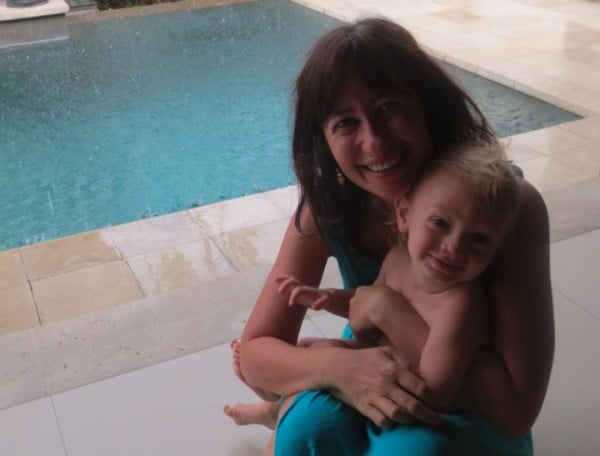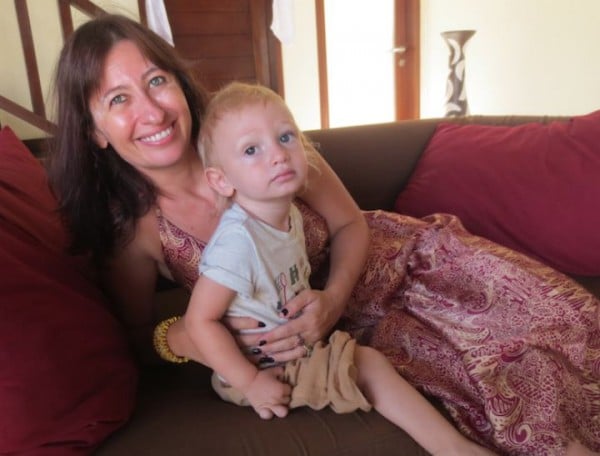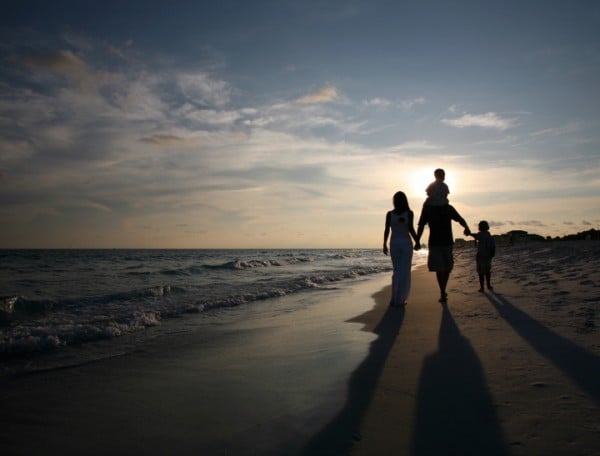
The first time I spoke to my father after Luca, his first grandchild, was born, I was just out of the hospital. I called my parents, who live in Crown Heights, a Hassidic neighborhood in New York, via Skype. My father’s handsome, bearded face with its high cheekbones and almond-shaped eyes appeared on the screen. He looked dazed, but that was his usual look when he answered my calls. A scientist, he understood communication technology, yet human communication baffled him.
‘Oh, hello, Lubochka,’ my father smiled shyly, as if I were a stranger, anxiously moving his yarmulke around his head. ‘Mama is in the kitchen. I’ll call her.’ He went to get my mother and never came back.
And yet, I’m not talking here about an indifferent, unloving father. I knew that later, my father would ask my mother all about my, and Luca’s, wellbeing. But to receive the information he desired, he needed my mother to act as the go-between between him and the rest of the world, even when that world was his child. The thing is, I am the daughter of an odd man. This is just how it is. Or rather, how I have come to think of myself.
By the standards of the Soviet Union of the 1970s and 80s, where I grew up, my father was a treasure. He didn’t drink, didn’t swear, didn’t hit my mother. Most heroically, in emergencies, like whenever my mother went into the hospital to push out yet another baby, my father could make an edible omelet for those of us kids in his care - a feat no other man in our neighbourhood was able to perform.
Compared to my mother, too, my father held his own. She was overweight; he was slim and handsome, with full, cherry-coloured lips that concealed his rotting teeth. My mother was often anxious, while my father usually appeared calm (I noticed little at the time of the hurricanes his external quietness concealed). Even his lack of friends wasn’t obvious to me then.



Top Comments
We are all a combination of nature, nurture and our life experiences.